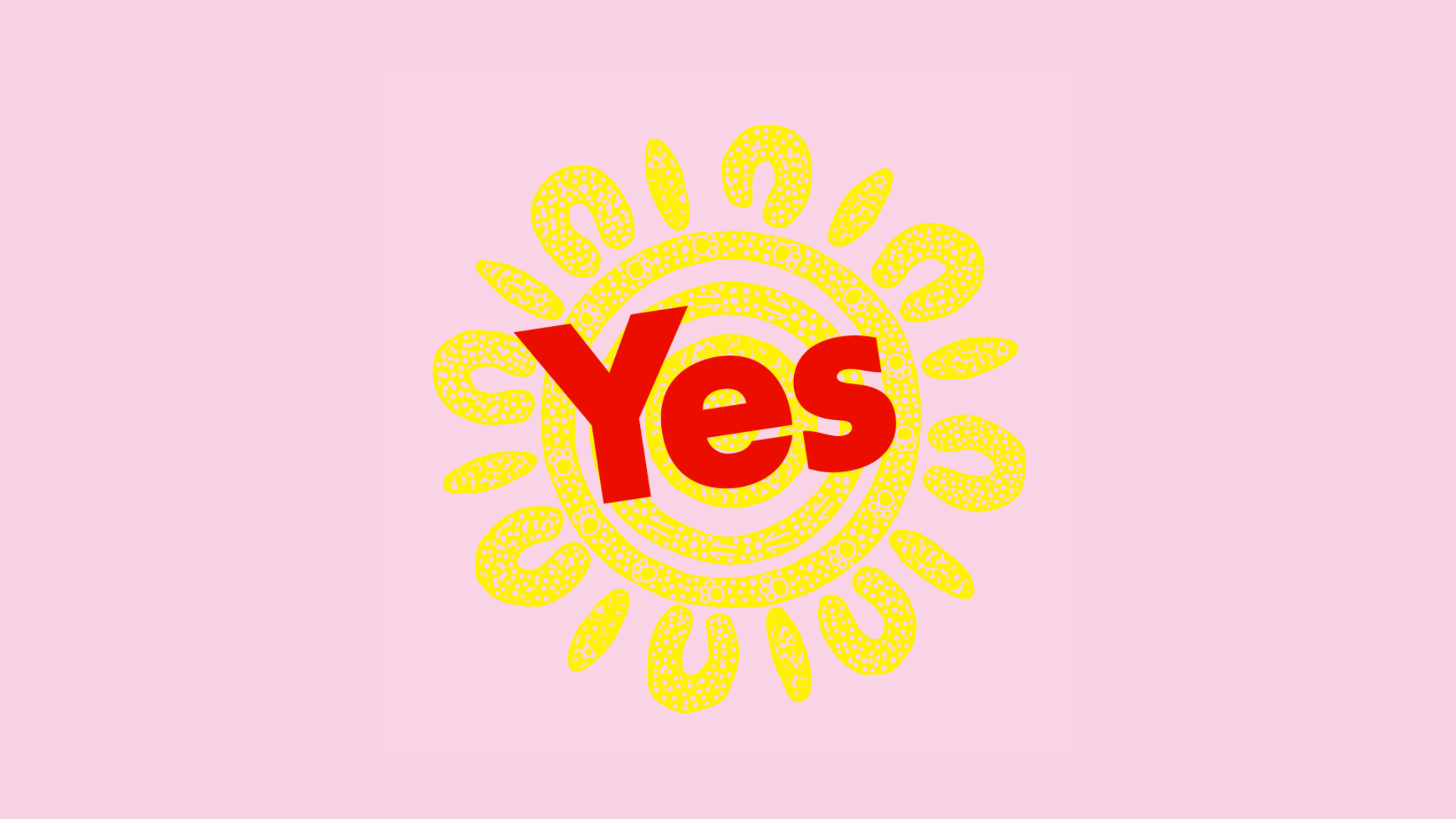ArticlesSeptember 20th, 2023
Voices for Yindyamarra


__On 14 October, 17 million Australians will get the chance to vote in the first national referendum of this millennium. It’s the first in 23 years, which means we’re navigating conversations about the Indigenous Voice to Parliament in an era of rapidly evolving social media — it’s a seemingly divisive time. Our news platforms are loud and distracting, and in just one click, we’re at risk of losing our collective intelligence.
__
Amongst non-Indigenous Australians, we need to acknowledge our privileges (and therefore our responsibilities), to listen to truth-telling and stand with First Nations self-determination. At this moment in time, it means making an effort to help alleviate the misinformation and the disinformation, and support communities of Aboriginal and Torres Strait Islander people with their reckoning.
I recently listened to Stan Grant speak at the ANU in Canberra. He shared soundbites from his childhood and family life, about his travels as an international journalist, and the cathartic process of writing. His story is weary, yet remarkable, and at its core is a simple plea:
“Can you hear me? Why do you find it so easy to walk through this country as if we are not here?”
In our obsession with thoughts and ideas, or online diasporas, we miss critical opportunities to connect, and ultimately, to care. This should not be an unspeakable problem. Through the Voice to Parliament, we’re confronting illusions of Whiteness, trying to decolonise our futures, and meet ourselves again as a genuinely diverse Australia. Surely the answer to Grant’s question is an unequivocal ‘yes’.
Our media today is a modern discourse — a heavily divided ecosystem — and we need to rise above the binary thinking it nurtures. Thanks to News Corp and Murdoch, and quasi-experts with mass-viewership on social media, the everyday evils of paradox are permitted to rest easily in our pockets and minds. If there is one piece of advice I can offer in the coming weeks, it’s to read and listen intentionally. Allow stories to contribute to your sense-making and a careful vote.
Vincent Lingari once said “we want to live on our land, our way.” Anita Heiss would say “we could teach them a lot, if they just listened.” Tyson Yunkaporta talks about how wrong story (disinformation) breeds exponentially, like weeds, but right story (truth) is like the large eucalyptus along the river:
“There might be a lot of weeds, but those large eucalyptus are doing a lot of work under the ground connecting things up.”
There have been countless times in Australia’s history where legislation, policies and consultations have been changed, diluted or completely lost for First Nations people. Enshrining the Voice to Parliament in the constitution protects it, for the way it will be used, and for the accountability and responsibilities within government. If you’re still unsure, I urge you to step away from the weedy media and turn to the Uluru Statement from the Heart. It’s less than a page of writing, representing decades of advocacy and First Nations consultation. Though succinct, it is equally momentous, righteous, and just.
There is a chapter in Stan Grant’s latest publication, The Queen is Dead, titled ‘Yindyamarra’. An English translation does not capture the sentiment accurately nor completely, but it means respect in Wiradjuri language. I’d like to borrow from the beauty and wisdom of Yindyamarra to uplift the referendum story.
Please don’t let the weeds of the internet fool you in the coming weeks. The Voice to Parliament is about Yindyamarra. Respect in the form of constitutional reform will help the path towards empowering Australia’s First Nations people, and the beginning of their healing and reckoning.